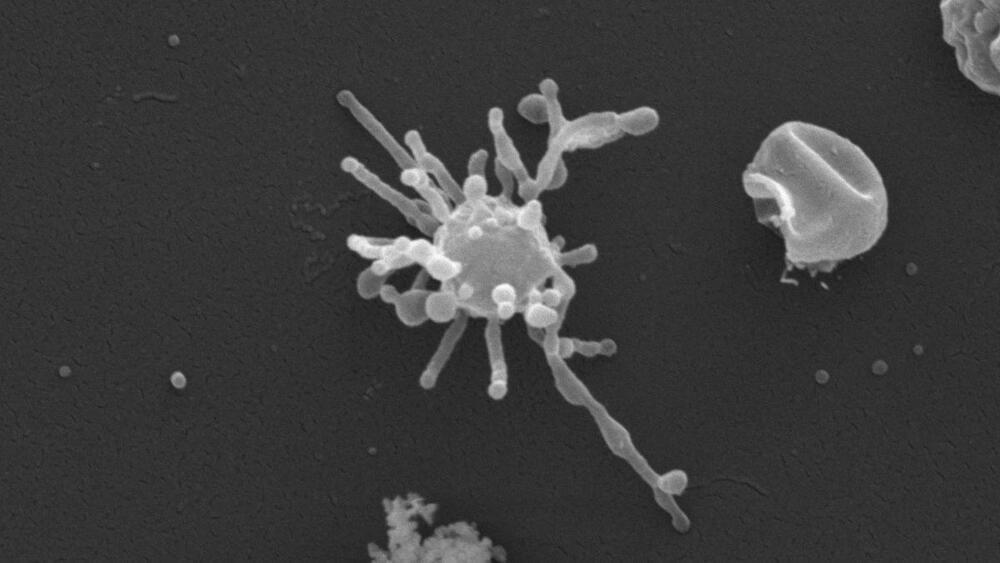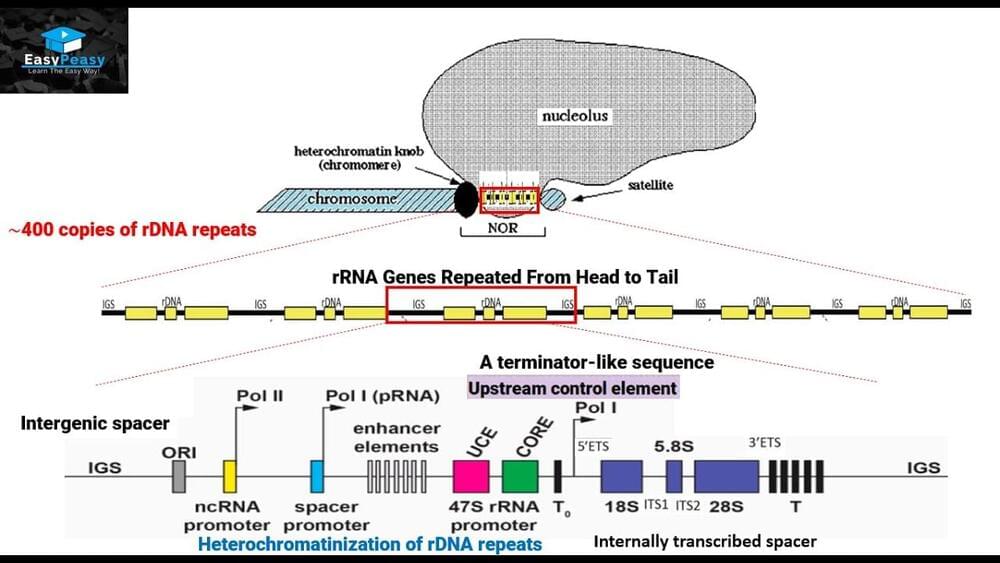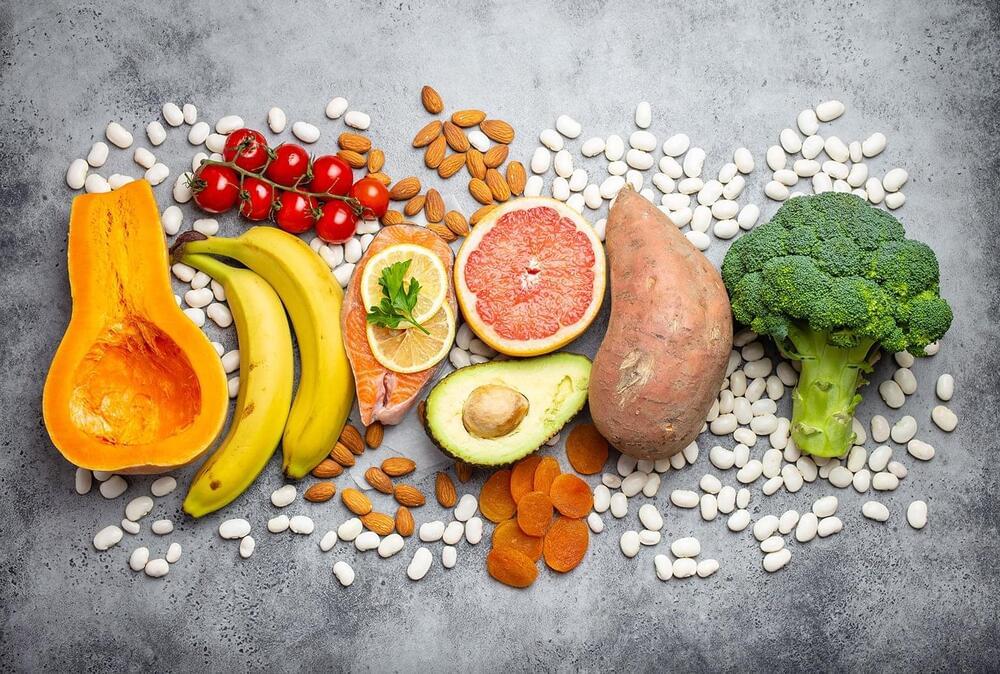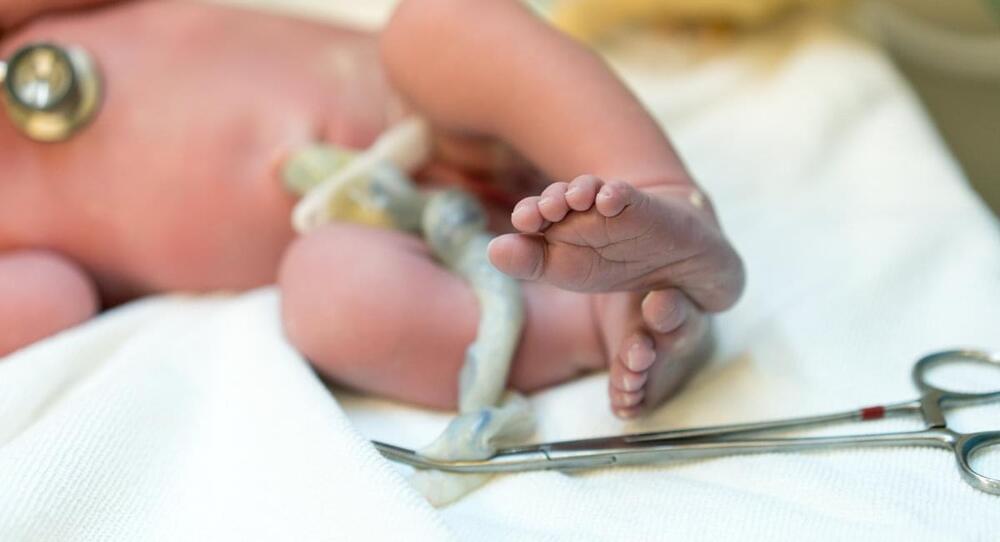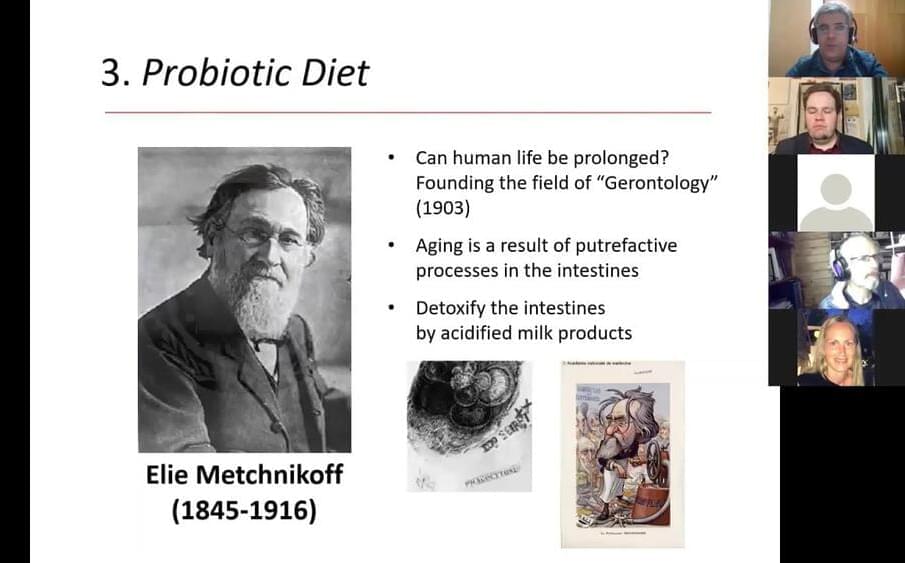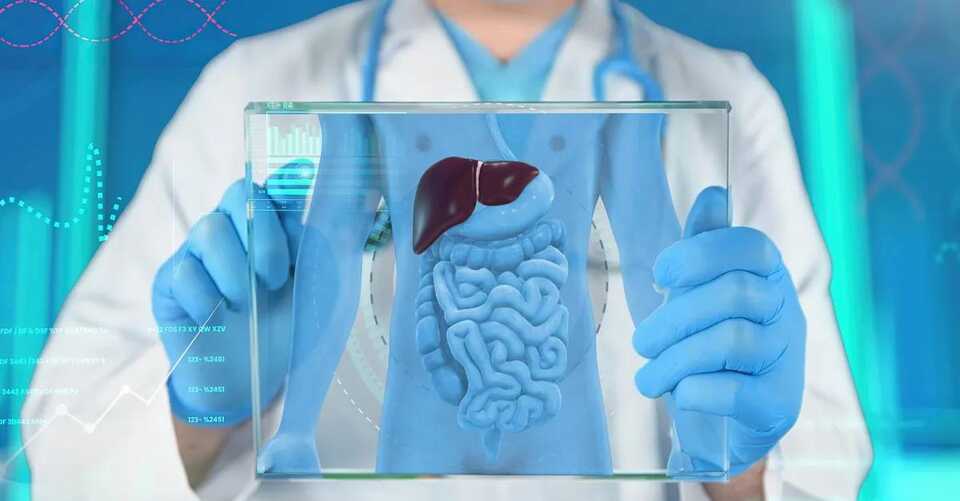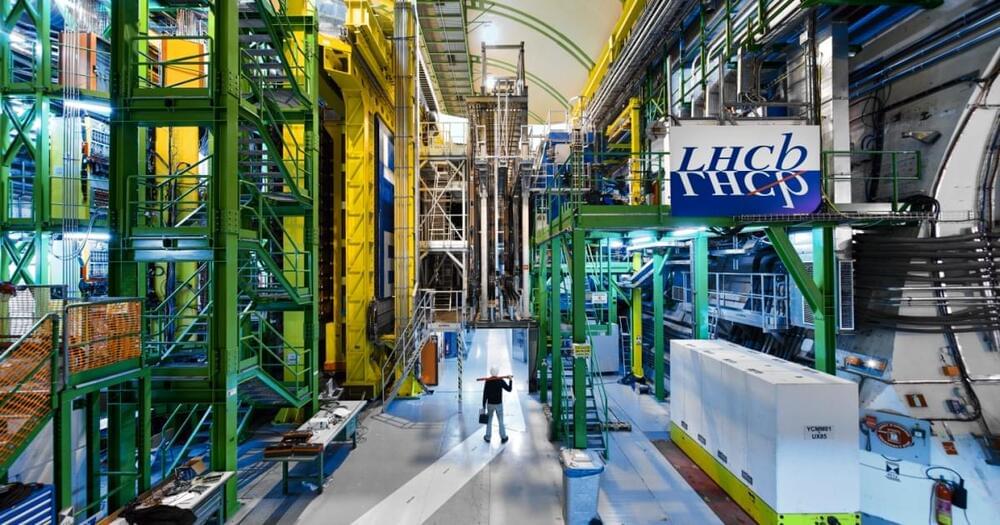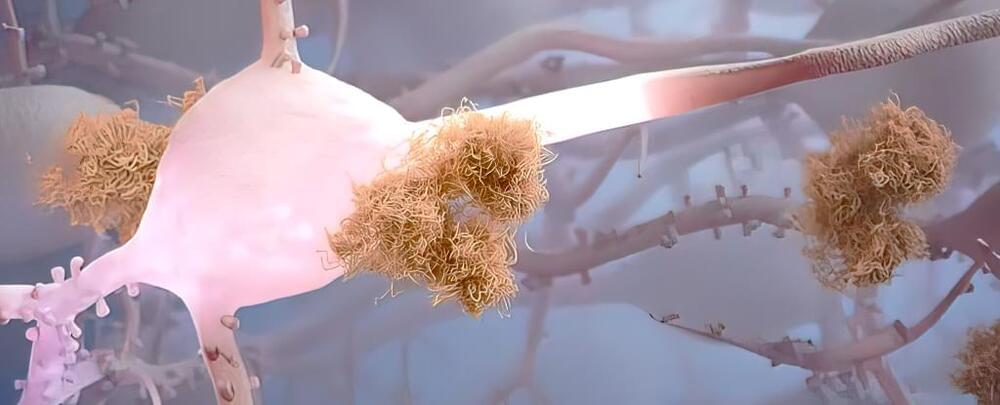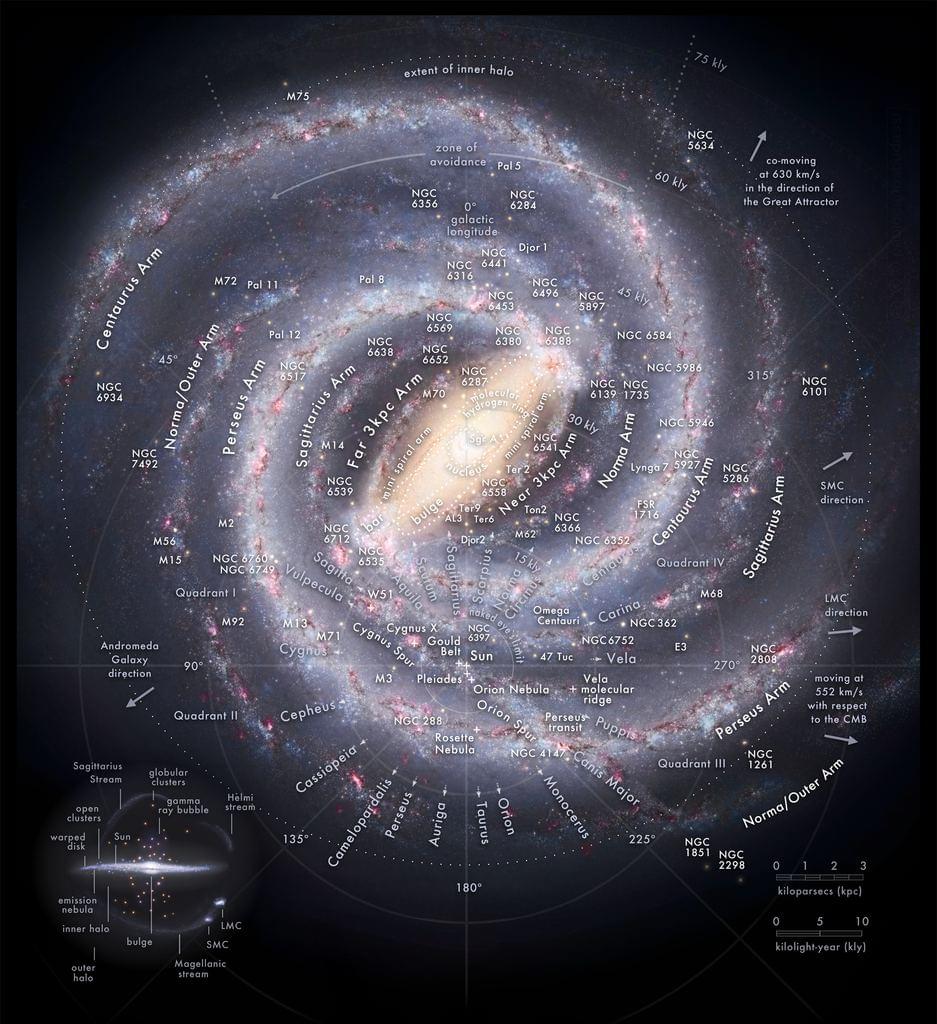Dec 24, 2022
NASA Telescopes Reveal Black Hole Tearing Apart Star
Posted by Dan Breeden in category: cosmology
Observations from NASA reveal how complex and catastrophic an event it can be when a star gets too close to a black hole, CBS News reported on Wednesday.
Such an event does not occur in a single moment but, according to NASA, can take several months as the black hole’s gravity slowly sucks in the star’s being.
The latest such observation, which took place over a period of more than five months, was watched by multiple telescopes, NASA’s Jet Propulsion Laboratory reported.

